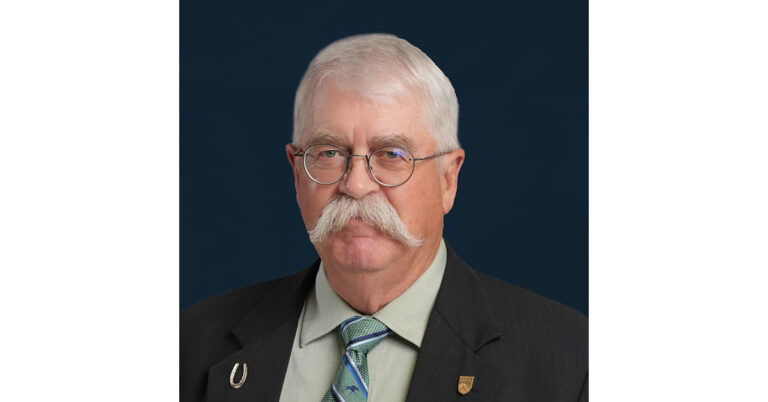
At the 2017 AAEP Convention, David Ramey, DVM, reported on the results of an online survey that was conducted in December 2016. The survey targeted horse owners and had 8,069 respondents. A link to the survey was distributed on the presenter’s Facebook page and shared exponentially. The results were analyzed by simple descriptive statistics.
Of the 8,069 respondents, Ramey reported that two-thirds participated in trail and pleasure riding, and 38% in dressage. 27% participated in hunter/jumper activities, 16% in eventing and 14% in Western performance. In the category of “Other,” in which 22% participated, were included companions (pets), polo, clicker training, saddle seat, fox hunting, pleasure driving, equine assisted therapy and reining. Ramey noted that respondents could choose multiple activities—thus, the total exceeds 100%.
The speaker reported that 96% of the respondents had owned horses more than five years, and three-quarters of them had more than one horse. 59% of the respondents reported that each of their horses saw a veterinarian two to four times per year. While the vast majority (79%) of those visits were for vaccinations, 77% reported visits for dental work, 45% for lameness and 39% for acute illness (which included colic, respiratory disease and skin problems).
Respondents were asked: “What part of the veterinary visit was most satisfying to you?” Although the question asked for the “most satisfying,” multiple responses were allowed, so the cumulative percentage exceeds 100%.
65% of respondents indicated that the treatment received was the most satisfying part of the visit, followed by 50% who chose the veterinarian’s skill, 38% who chose bedside manner and 25% who chose value.
When asked whether they would use the same veterinarian the next time their horses needed care, 93% answered in the affirmative, said Ramey.
The respondents were also asked “If you could improve one aspect of your veterinarian’s services, what would it be?”
30% wished that the veterinarian would discuss costs, 22% wished for more discussion of treatment options, 18% desired better communication about the horse’s condition, 18% wanted the veterinarian to arrive on time, and 12% wanted more input on their feelings about their horses’ health.
Ramey reported that 80% of respondents found their veterinarians through word of mouth.
When asked “How well does your veterinarian listen to you?” 43% of respondents answered that they listened “extremely well,” 38% “very well” and only 1% answered “not at all well.”
Equally positive results were reported with regard to the veterinarian answering the respondents’ questions, with 44% reporting “extremely well” and 39% reporting “very well.”
Ramey explained that seven questions inquired about the importance to respondents of certain aspects of veterinary care.
He reported that 89% feel it is important for veterinarians to discuss the cost of care before treating horses; 44% feel veterinarians should simply do as the clients say because they know their horses best; 56% feel it is important that veterinarians inquire about their feelings; 87% expressed the importance of veterinarians educating them about their horses’ care; 93% felt it is important for veterinarians to show kindness to their horses; 80% felt it is important for veterinarians to show kindness to them; and 51% indicated it was important for equine veterinarians to own horses.
In keeping with known demographics about horse owners, Ramey reported that the survey respondents were 98% female, 50% were ages 40–60 years old and 60% worked full time.
The final questions, he stated, involved the annual expenditures of horse owner respondents. 84% reported that their total expenditures per horse exceeded $1,000, and 26% reported that their veterinary expenditures exceeded $1,000 per horse per year.
Ramey concluded with the following highlights:
- Because 77% of respondents saw their veterinarians for dental services, those practices not offering this service might want to reconsider;
- Clients are more interested in their horses being treated with kindness than themselves treated that way;
- Discussions of the cost of treatment and treatment options are highly valued by clients;
- Communication is important to clients, and veterinarians are doing this well;
- Education from veterinarians is sought by horse owners;
- A significant number of horse owners think they know what is best for their horses, so listening to these people is essential; and
- Almost all of the horse owners who responded to this survey found their veterinarians through a recommendation.









